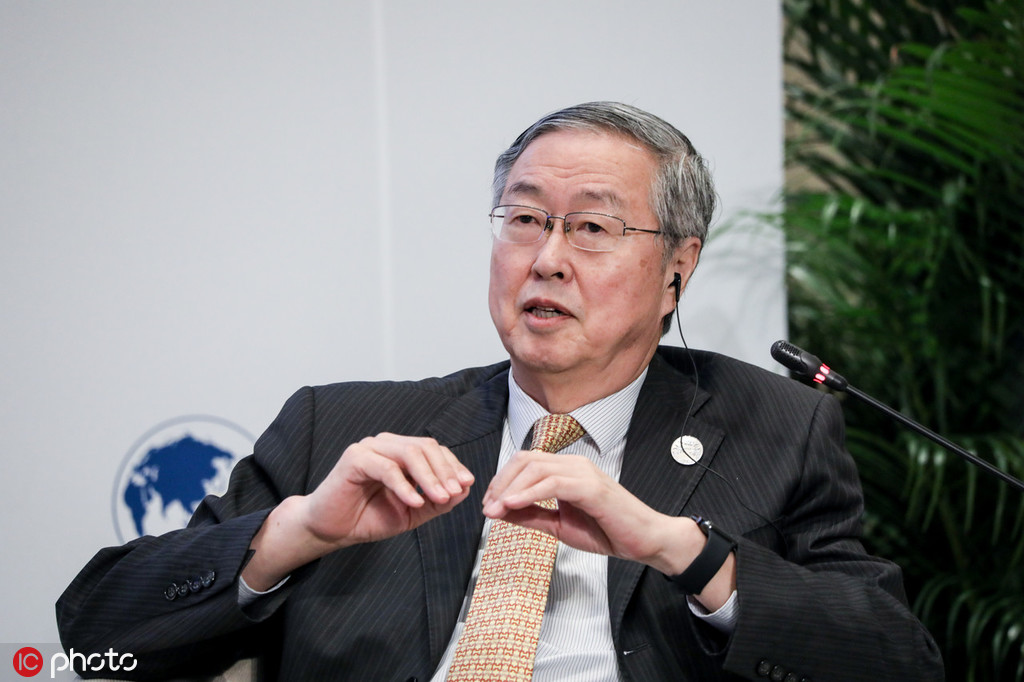Reforms advance in line with WTO rules


China has taken concrete steps in market-oriented reforms in line with WTO rules, said Zhou Xiaochuan, former governor of the People's Bank of China, the central bank, on Wednesday.
Since China joined the WTO in 2001, the country has substantially cut government subsidies and tariffs, making the domestic pricing system more compliant with international standards, said Zhou, who is vice-chairman of the Boao Forum for Asia, which officially kicks off on Thursday.
In the past, there were a lot of distortions in China's pricing system, so the government had to give subsidies to some enterprises, Zhou said. But such subsidies have been "basically already eliminated" as China's pricing system reforms deepened.
Some subsidies remain in the electricity and natural gas sectors, Zhou said. "But not as many people argue that the Chinese government and banking system have systemic subsidies to support State-owned enterprises. That is no longer the situation."
Zhou added that as China's market-oriented reforms take many years to complete, there are still some distortions in the Chinese market.
"These kinds of distortions will gradually disappear," he said, adding that the Chinese government has a strong willingness to accelerate reforms.
Zhou also called for strengthening China's communication with the world to remove misunderstandings about each other.
It is important for China to face up to external criticisms, Zhou said. "Some of them, I think, are very useful for China to make stronger decisions to accelerate domestic reforms."
Zhou also underscored the importance of accelerating reform of the WTO to facilitate fair global trade. He believes the issue will probably be further discussed in this year's G20 Summit, to be held in Osaka, Japan, in June, at which leaders from 19 countries and the European Union will gather to discuss key economic and financial topics.
"There is a growing imbalance in global trade. We should sincerely stick to reforming the WTO," he said.
Without a successful push of WTO reforms, some large countries may hinder the dispute settlement mechanism and other functions of the WTO, Zhou said.
He also suggested having more backup plans with more compromises in case reforms are not "very successful", so as to maintain and support the free trade system and curb protectionism.
Carlos Gutierrez, former United States secretary of commerce, said the function of the WTO dispute settlement mechanism should be further improved to better address rising disputes around world.
Chong Quan, president of the China Society for World Trade Organization Studies, a nongovernmental research institute of WTO, said the most imperative part of WTO reform is to revitalize its dispute settlement mechanism.




































